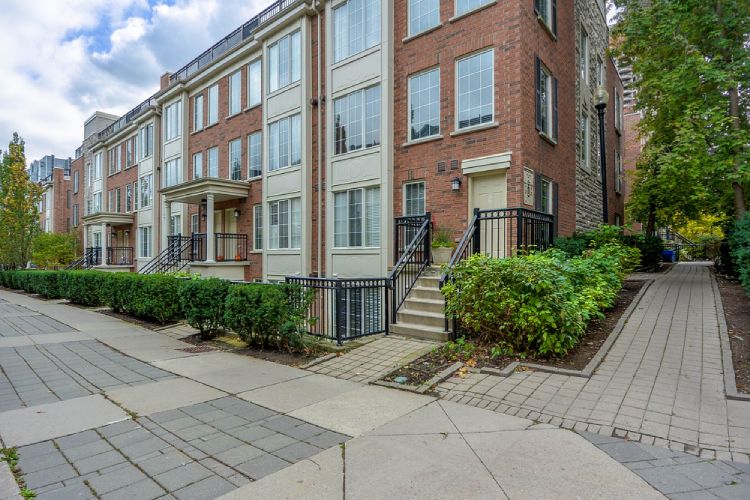When it comes to real estate, the decision to buy a townhouse for sale Newmarket versus an apartment involves considering various factors that can significantly impact your lifestyle, investment, and overall satisfaction with your new home. Understanding the differences between townhouse buying and apartment buying is crucial for making an informed decision that aligns with your needs and preferences.
Ownership structure:
One of the fundamental distinctions between buying a townhouse and an apartment lies in the ownership structure. When you purchase a townhouse, you typically buy both the dwelling and the land it sits on. This grants you more control over your property, including the ability to make exterior modifications and landscaping decisions. In contrast, buying an apartment usually entails owning a unit within a larger building, with shared ownership of common areas and amenities. This arrangement may limit your autonomy in making structural changes or alterations to the building’s exterior.
Space and layout:
Townhouses typically offer more space and a layout that resembles a traditional single-family home. Spread across multiple levels, townhouses often feature multiple bedrooms, bathrooms, and living areas, providing ample room for families or individuals who desire extra space. In contrast, apartments are usually more compact, with a single level of living space and a layout optimized for efficient use of space. While apartments may offer amenities such as elevators, concierge services, or communal facilities, townhouses often provide private outdoor areas like patios, balconies, or rooftop terraces.
Privacy and noise:
Privacy considerations differ between townhouses and apartments due to their structural differences. Townhouses typically have fewer shared walls and direct outdoor access, offering a greater sense of privacy compared to apartments, where residents may share walls, floors, or ceilings with multiple neighbors. However, noise transmission can still be a concern in townhouses, especially if they are part of a densely populated community or share common walls with adjacent units. Conversely, apartments may experience noise from neighboring units, common areas, or street traffic, depending on their location within the building.
Maintenance responsibilities:
Townhouse ownership often entails greater maintenance responsibilities compared to apartment living. While homeowners’ associations (HOAs) may handle some exterior maintenance tasks like landscaping or exterior repairs in townhouse communities, individual owners are typically responsible for maintaining their property’s interior, including plumbing, electrical systems, and HVAC units. In contrast, apartment owners typically pay a monthly maintenance fee to the HOA, which covers exterior maintenance, building insurance, and amenities upkeep, relieving them of some maintenance responsibilities.
